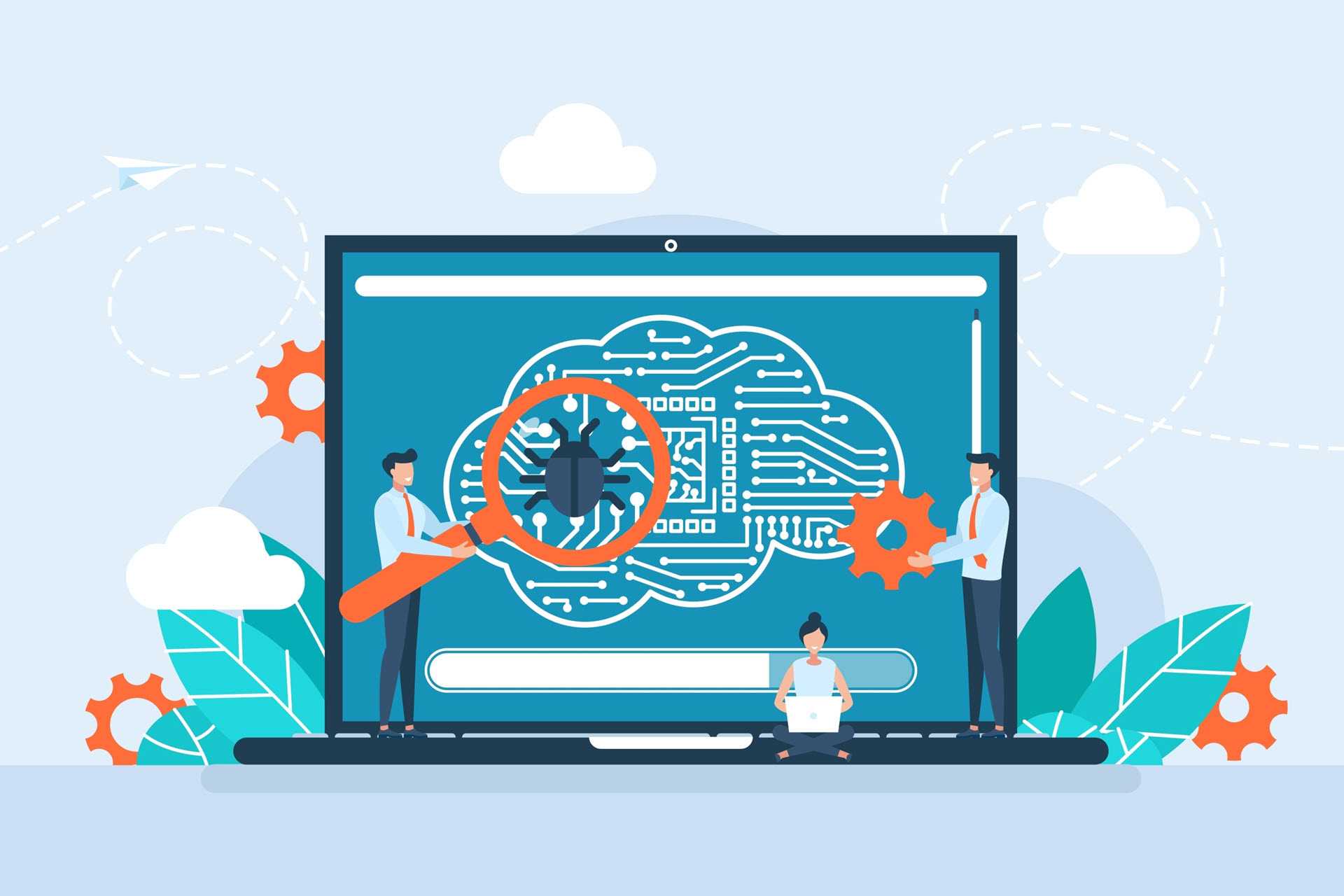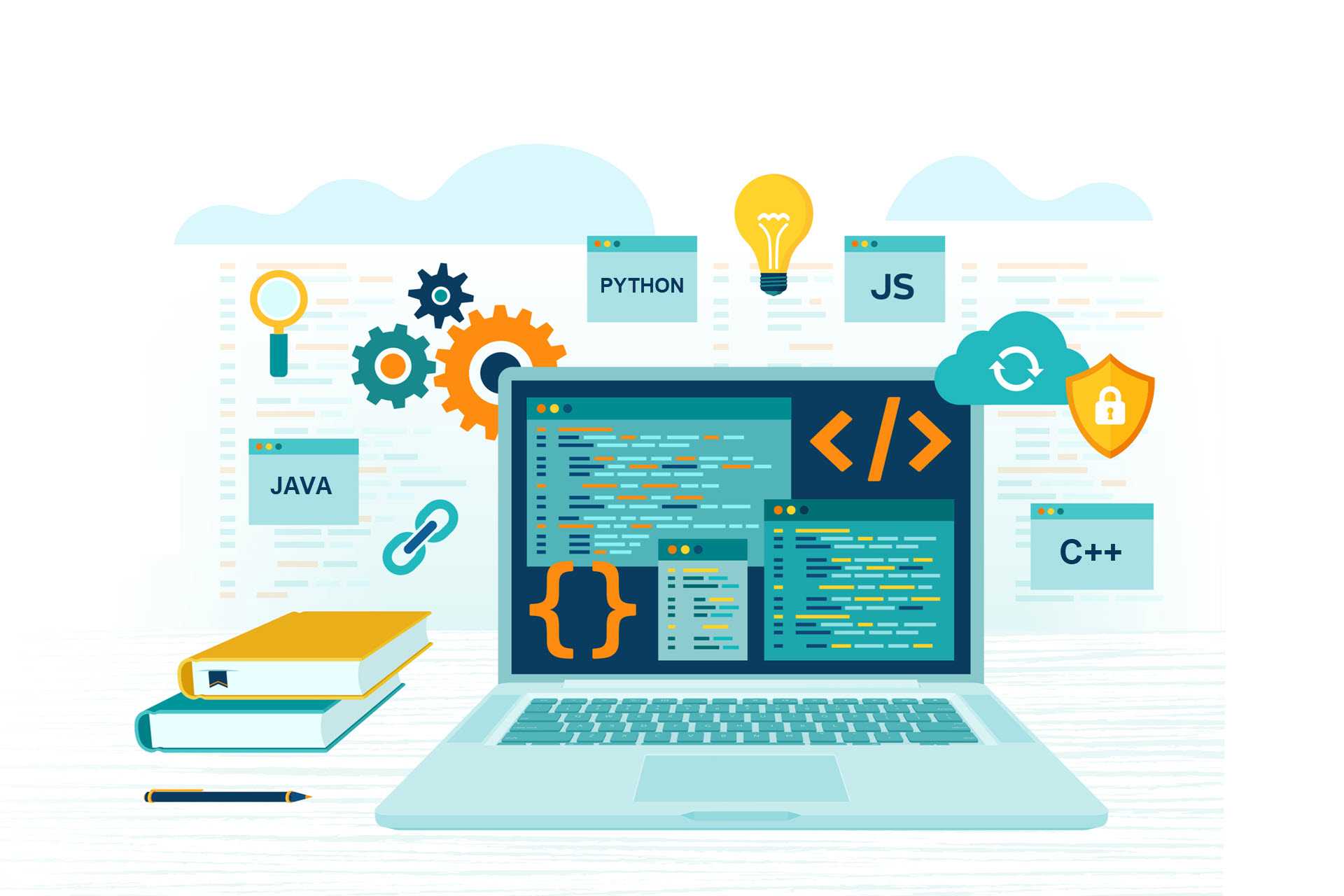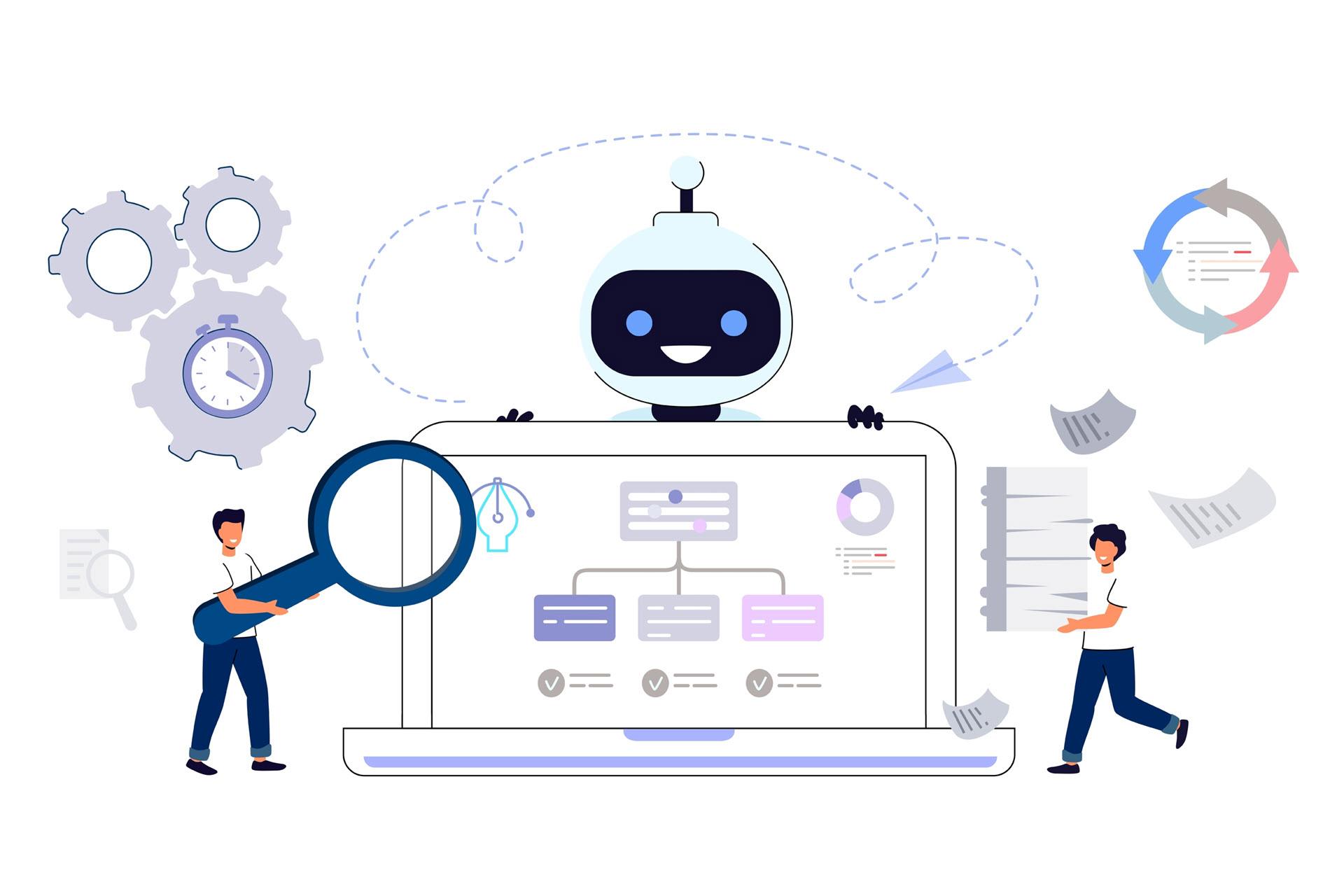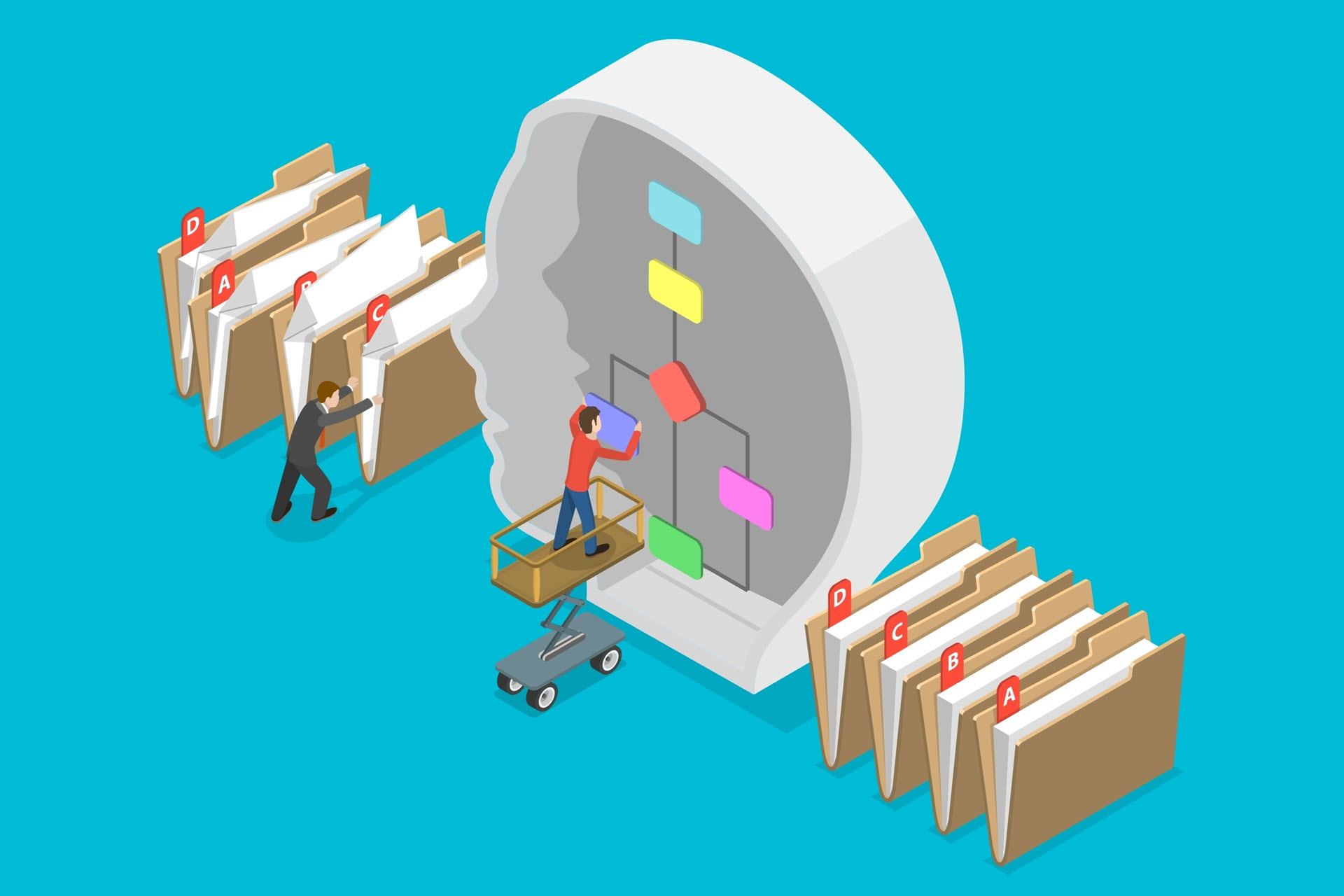Artificial intelligence (AI) is revolutionizing most industries, and the healthcare sector is no exception. Healthcare providers are increasingly using AI technologies to enhance diagnostic accuracy, reduce error rates, and improve patient care. AI also helps streamline repetitive administrative tasks and enables hospitals to handle more patients without efficiency drop-offs.
This article provides an in-depth look at the use of AI in healthcare. Jump in to see how artificial intelligence is transforming healthcare through advancements in medical imaging, predictive analytics, robotic surgery, and the automation of routine tasks.

Hospitals are deploying AI in record numbers. The AI healthcare market is projected to reach a value of $148.4B by 2029 (a CAGR of 48.1% from its current evaluation of $20.9B).
Artificial Intelligence Applications in Healthcare
AI offers numerous applications that enable healthcare providers to enhance patient care and streamline operations. Below is a close look at the different medical areas that are benefiting the most from AI adoption.
Medical Diagnostics
AI algorithms are highly effective at analyzing medical images such as X-rays, MRIs, CT scans, and ultrasound images. Deep learning techniques enable AI models to identify anomalies in images that human radiologists might miss.
The capability to reliably analyze medical images is crucial in the following areas:
- Radiology. AI tools are excellent at detecting early signs of conditions like cancers and infections with high accuracy.
- Cardiology. AI can analyze echocardiograms and cardiac MRIs to detect heart diseases, including arrhythmias, heart failure, and coronary artery disease.
- Pathology. By examining tissue samples, AI assists pathologists in diagnosing diseases at a microscopic level.
Laboratory diagnostics are also benefiting from AI adoption. AI is enhancing traditional laboratory tests by automating the analysis of blood, urine, and other bodily fluids. AI considerably lowers the likelihood of errors during these tests.
Doctors are increasingly using AI-powered decision support systems (DSS) to help them make more informed diagnostic decisions. AI DSS provides real-time recommendations based on the latest medical research and specific patient data, ensuring clinicians consider all possible diagnoses.
Check out our article on regression algorithms to see exactly how AI systems make reliable predictions based on provided data or images.
Drug Discovery
AI is transforming drug discovery by significantly speeding up the process of developing new therapeutics and increasing the likelihood of success during experimentation.
Identifying suitable biological targets is a critical first step in drug discovery. Artificial intelligence streamlines this target identification process in two ways:
- Data mining. AI algorithms analyze vast amounts of biological and biomedical data to identify potential targets associated with specific diseases and conditions.
- Predictive modeling. Machine learning (ML) models and deep neural networks (DNNs) predict how potential targets interact with various compounds. This analysis aids in selecting the most promising targets for physical study.
AI also helps teams predict potential negative effects and interactions with other drugs. AI systems identify patterns and predict side effects by integrating data from various sources, including:
- Previous trials.
- Electronic health records (EHR).
- Adverse event reports.
Research teams are increasingly using AI to improve and speed up clinical trials. Many teams use AI-powered systems to:
- Identify suitable candidates for clinical trials.
- Optimize trial design.
- Monitor ongoing trials.
- Predict potential adverse events.
AI systems also help analyze trial results by putting them through neural networks that analyze outcomes and detect insightful patterns.
Surgery
AI-powered systems assist surgeons in performing complex procedures with greater precision and control. Here are the main benefits of robotic surgeries:
- Enhanced precision. AI-driven robots provide high-definition 3D visualization and magnification during surgeries. These capabilities allow doctors to perform more precise surgeries and reduce the likelihood of errors.
- Minimal invasiveness. Robotic systems enable minimally invasive surgeries through small incisions. Minimal incisions reduce patient recovery times, minimize scarring, and lower the risk of complications.
AI also assists in preoperative planning by enabling 3D simulations and creating personalized surgical plans:
- 3D imaging and simulation. AI algorithms convert medical imaging data (e.g., CT scans, MRIs) into 3D models, which enable surgeons to visualize the anatomy and make an in-depth plan for the upcoming procedure. These simulations allow for rehearsing the surgery in a virtual environment.
- Personalized surgical plans. AI accounts for patient-specific factors (e.g., anatomy, age, medical history) to create customized surgical plans that increase the chance of success.
AI-driven robots also independently perform repetitive or delicate tasks with high precision, such as suturing, tissue manipulation, and drilling. This level of automation reduces surgeon fatigue and improves the consistency of the surgical procedure.
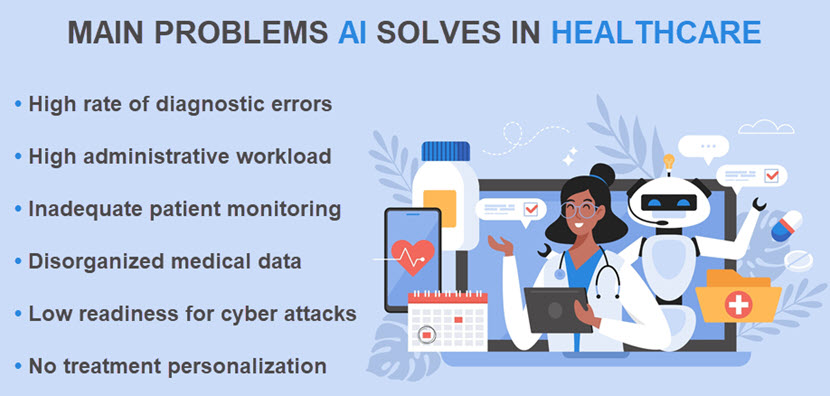
Therapy Planning and Monitoring
AI is improving the monitoring and administration of therapy, which enables hospitals to provide more personalized and effective patient care.
AI helps create personalized treatment plans based on the patient's specific data. Artificial intelligence plays two roles during this process:
- Data analysis. AI algorithms analyze data from EHRs to understand health trends and predict responses to treatment. This analysis enables doctors to tailor treatment plans to the patient's specific needs.
- Predictive analytics. AI models predict how patients will respond to various therapies, allowing doctors to select the most effective treatments. This process includes predicting potential side effects and establishing optimal dosages.
AI-powered devices and applications can also provide continuous real-time monitoring of patients' health. These devices include primarily wearable sensors and smart implants:
- Wearable sensors. These AI-powered devices have sensors that track vital signs such as heart rate, blood pressure, oxygen levels, and glucose levels. Wearable sensors detect anomalies and alert healthcare providers or patients in real time if there is an issue.
- Smart implants. AI-enabled implants monitor internal physiological conditions and deliver medication as needed. For example, smart insulin pumps continuously monitor glucose levels and automatically adjust insulin delivery.
AI-powered devices enable healthcare providers to remotely monitor patients and provide off-site consultations. This capability is vital for patients with chronic conditions who require ongoing monitoring.
Healthcare providers are also increasingly using AI-powered virtual health assistants. Virtual assistants remind patients to take medications, perform exercises, or follow dietary recommendations. Assistants also answer patients' questions and provide guidance based on current health data.
Operational and Administrative Purposes
AI is streamlining administrative tasks in healthcare, enhancing efficiency, reducing operational costs, and improving patient experiences. Here's an overview of tasks hospitals commonly simplify and optimize with AI technologies:
- Appointment management. AI scheduling systems automatically manage patient appointments. These systems schedule, reschedule, and cancel appointments based on patient preferences and doctor availability.
- Predictive scheduling. Many healthcare providers use AI algorithms to analyze historical data and predict patient overbooking. These insights allow providers to optimize schedules and reduce wait times.
- Patient registration and check-in. AI systems enable patients to check in, update their information, and complete necessary forms independently. This capability reduces wait times and improves the patient experience.
- Billing and claims processing. AI systems automate the generation of medical bills. This capability speeds up the billing process and reduces the risk of errors. AI also helps with claims adjudication as algorithms can analyze claims for potential issues (e.g., coding errors, duplicates, inconsistencies).
- Workforce management. AI tools help hospitals create optimal work schedules for healthcare staff. These tools balance workloads and ensure adequate coverage while considering factors like staff preferences, skills, and availability.
- Administrative support. AI-powered virtual assistants and chatbots can handle routine administrative tasks such as answering phone calls, responding to emails, and managing calendars. This automation frees up the staff and allows them to focus on more complex tasks.
Similar to other industries, healthcare providers are increasingly leveraging AI for supply chain management. AI systems monitor inventory levels in real time, predicting when medical supplies will run low and reordering them while avoiding unnecessary overstocking.
Cyber Security
Healthcare providers are increasingly using AI-powered tools to enhance cybersecurity and ensure the integrity of sensitive patient data. Here's how AI improves cybersecurity in the healthcare sector:
- Network threat detection. AI systems continuously monitor network traffic to identify anomalies indicative of a security breach. These systems use ML algorithms to establish standard traffic patterns and quickly detect deviations that signify malicious activity.
- Malware detection. AI algorithms analyze the behavior of files and programs to detect malicious activities. This approach helps identify advanced malware strains that traditional signature-based detection methods often miss. AI-powered detection is also excellent at identifying ransomware attacks on hospitals, which are one of the most common cyber threats in the healthcare industry.
- Data protection and privacy. AI systems can automatically manage the encryption of patient data, ensuring that files remain secure at rest, in transit, and during use. This precaution protects against data breaches and potential leakage incidents.
- Risk scans. Many healthcare providers use AI to scan networks and systems for vulnerabilities. These systems help identify and address potential weaknesses before a threat actor has a chance to exploit them.
- User behavior analytics. AI systems are excellent at analyzing patterns in user behavior (e.g., typing speed, mouse movements, login times) and establishing a baseline of regular activity. Deviations from this baseline indicate potential insider threats or compromised accounts.
Check out our guide to healthcare cyber security and our article on healthcare cyber security statistics to get a better sense of what hospital security teams are up against.
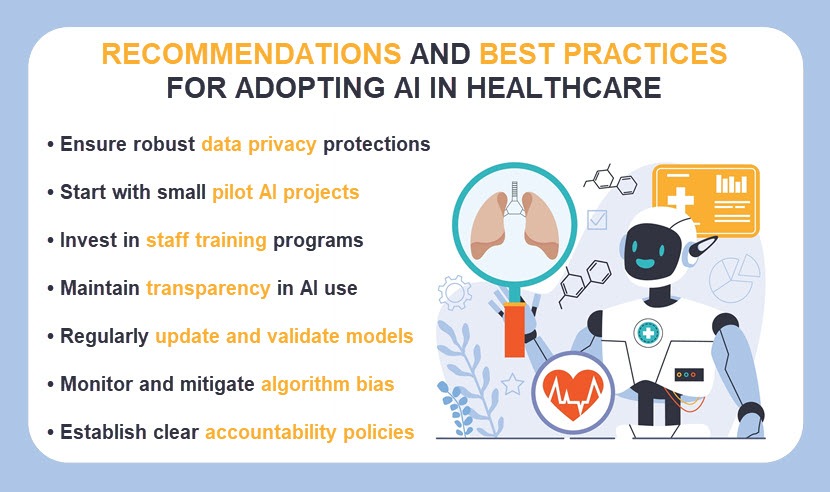
Benefits of Artificial Intelligence in Healthcare
AI offers a wide range of benefits that make healthcare delivery more efficient, effective, and patient-centered. Here's an overview of the main benefits of using AI in healthcare:
- More accurate diagnostics. AI algorithms analyze X-rays, MRIs, and CT scans with high precision, which aids in the early diagnosis of diseases. AI models also accurately predict disease progression by analyzing patient data, allowing for better management of chronic diseases.
- Clinical decision support. AI expert systems provide doctors with evidence-based recommendations and insights. As a result, doctors make more informed decisions and improve patient care.
- Better treatment outcomes. Between AI-powered surgery and therapy monitoring, AI significantly reduces the risk of post-intervention complications. More precise surgeries also speed up recovery times.
- Operational efficiency. AI automates routine administrative tasks such as appointment scheduling and billing. Automating these tasks reduces the workload on the medical staff and minimizes the risk of error.
- Cost reductions. Improving diagnostic accuracy reduces the costs associated with misdiagnoses, unnecessary tests, and ineffective treatments. AI-driven automation of administrative tasks also lowers operational costs and improves resource utilization.
- Better patient experience. AI-powered virtual assistants provide patients with personalized health advice, reminders for medication and appointments, and on-the-spot answers to health-related questions.
- Continuous improvement. AI systems continuously learn from new data, thereby improving their accuracy and effectiveness with increased usage. This adaptability ensures that AI healthcare apps stay up to date with the latest medical knowledge and practices.
The advantages of AI are not only beneficial in the healthcare sector. Our article on the use of AI in business explains how different corporate teams use AI to streamline and speed up work.
Risks and Ethical Concerns of AI in Healthcare
While highly beneficial, the use of AI in healthcare is not free of risks. Here are the most notable concerns about using AI in medicine:
- Data quality issues. An AI system's effectiveness depends heavily on the quality of the training data. Incomplete or inaccurate data leads to unreliable AI predictions and recommendations, which can seriously affect patient health and safety.
- Possibilities for data breaches. Using AI requires healthcare providers to grant AI systems access to large amounts of patient data. This necessity raises considerable concerns about data breaches, privacy issues, and the potential for data misuse.
- Bias and fairness concerns. AI systems inherit biases in the training data, which often lead to unfair or discriminatory outcomes. Biased medical algorithms result in unequal treatment of patients based on race, gender, or socioeconomic status.
- Health disparities. AI might exacerbate existing health disparities if the technology is not equally accessible to everyone. There is a strong possibility a large part of the population will not be able to afford top-of-the-line AI healthcare services.
- Lack of transparency. Many AI algorithms operate as "black boxes" with hard-to-interpret decision-making processes. This lack of transparency makes it difficult to understand how models reach conclusions, which undermines trust in AI and makes it hard for doctors to understand decisions.
- Liability issues. If an AI-powered medical system makes a mistake and something goes wrong, it's unclear who should be responsible for causing patient harm.
- Impact on the healthcare workforce. The automation of certain administrative and clinical tasks may result in job displacement for healthcare workers. Currently, radiologists and administrative staff are at the highest risk of losing their jobs.
Check out our article on AI ethics to get an in-depth look at all the ethical concerns of AI technologies. This article also covers details about the EU AI Act, a first-ever legal framework that governs the way EU-based companies are allowed to use AI technologies.
Real-Life Examples of AI in Healthcare
Let's look at a few real-life examples that demonstrate how healthcare providers use AI to optimize medical processes, reduce errors, and identify high-risk patients:
- IBM Watson for Oncology. IBM Watson analyzes patient medical records and compares them against an extensive database of medical literature to recommend personalized treatment options for cancer patients.
- Oracle Health. This system relies on AI to help providers manage electronic health records. Oracle Health enhances data accuracy and improves patient care coordination.
- Google DeepMind Health. The DeepMind system uses AI to analyze retinal scans and detect early signs of eye diseases like diabetic retinopathy and age-related macular degeneration.
- PathAI. This AI system identifies patterns and anomalies in tissue samples, aiding in the diagnosis of cancer and other diseases.
- Philips' HealthSuite Digital Platform. This platform uses AI to monitor patients' vital signs remotely to reduce hospital readmissions and provide on-the-spot medical guidance.
- Aidoc. The Aidoc system assists radiologists by prioritizing critical cases and providing real-time insights by analyzing medical images.
- Healthily. The Healthily platform is an AI-based medical chatbot that offers symptom checking and medical advice. Users also rely on Healthily to schedule appointments and inquire about upcoming doctor visits.
- Zebra Medical Vision. This AI system analyzes medical images such as X-rays, CT scans, and MRIs. Zebra reliably detects a wide range of conditions, including fractures, lung diseases, and cardiovascular issues.
- Tempus. Tempus analyzes clinical and molecular data to provide personalized treatment recommendations for cancer patients. The platform helps oncologists tailor treatment plans based on each patient's specific genetic profile.
- Olive AI. This AI system automates repetitive administrative tasks in healthcare. Hospitals use Olive AI to streamline insurance verifications, claims processing, and various authorization procedures.
Want to learn about AI applications outside of healthcare? Check out our article on artificial intelligence examples to see the most common AI use cases across different industries.
The AI Revolution in Healthcare Is Already in Full Swing
From revolutionizing diagnostics and drug discovery to enhancing surgical precision and therapy planning, AI's impact on medical practices is already evident. Healthcare arguably stands to benefit the most from AI adoption out of all major industries, so expect AI-powered systems to become a fundamental part of high-end medical care in the coming years.
